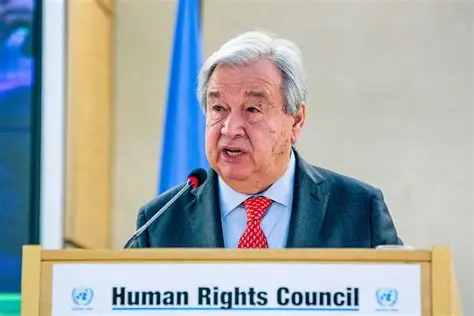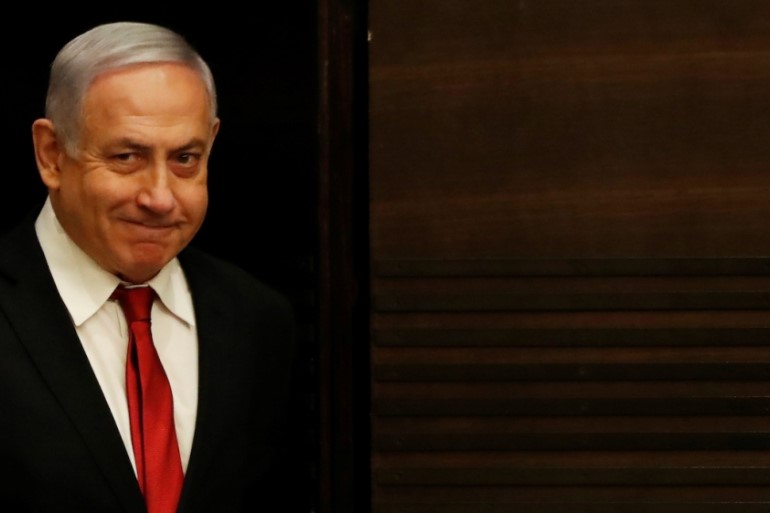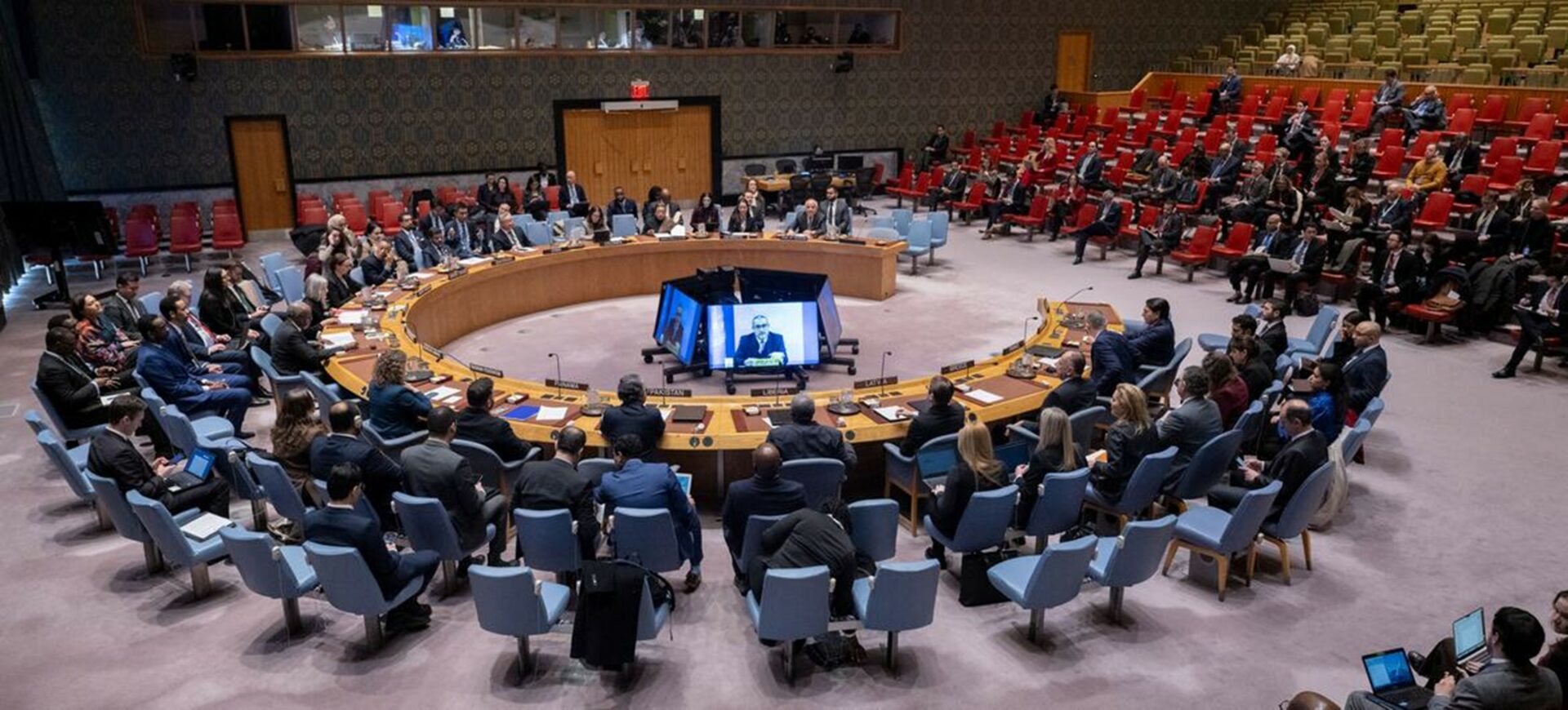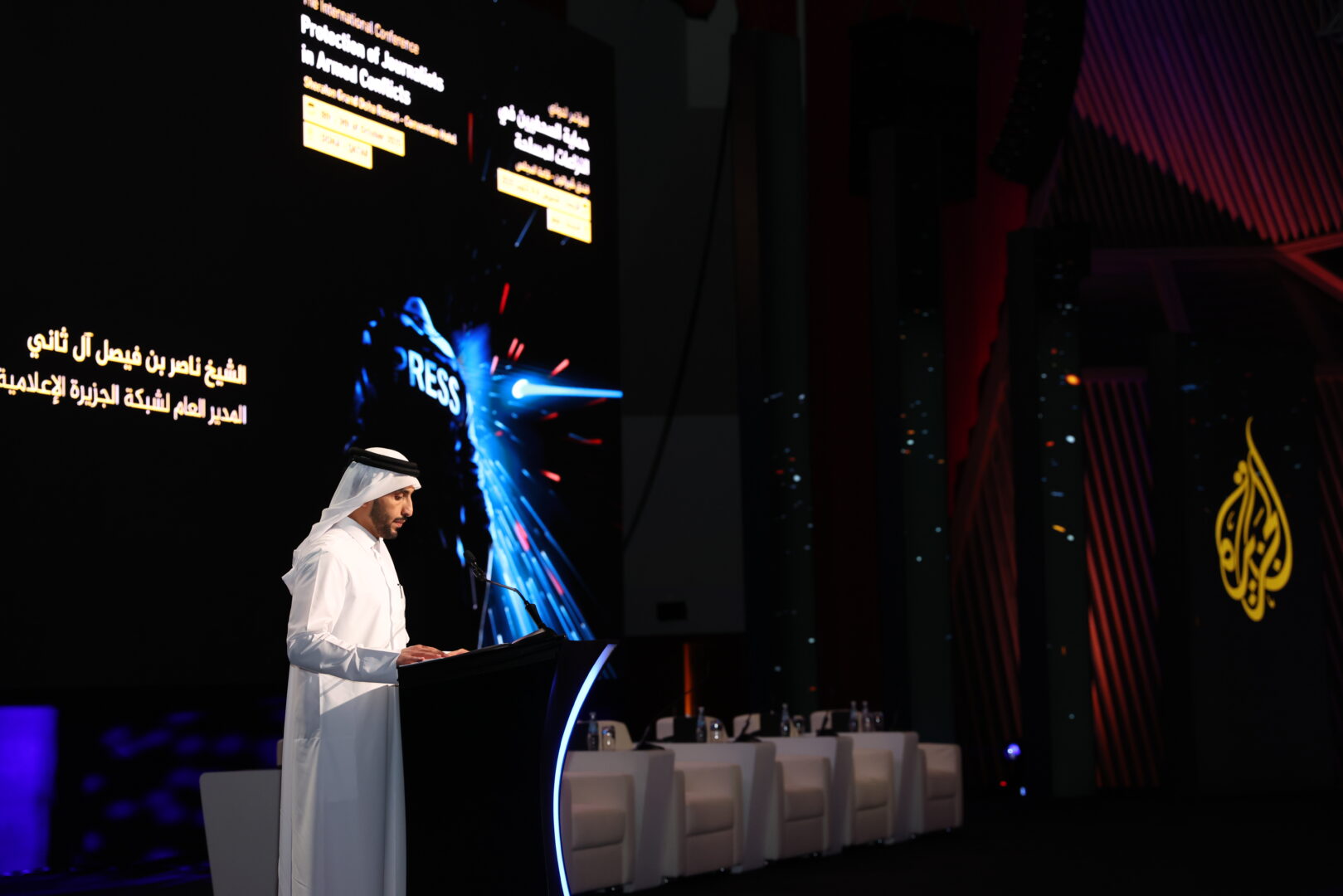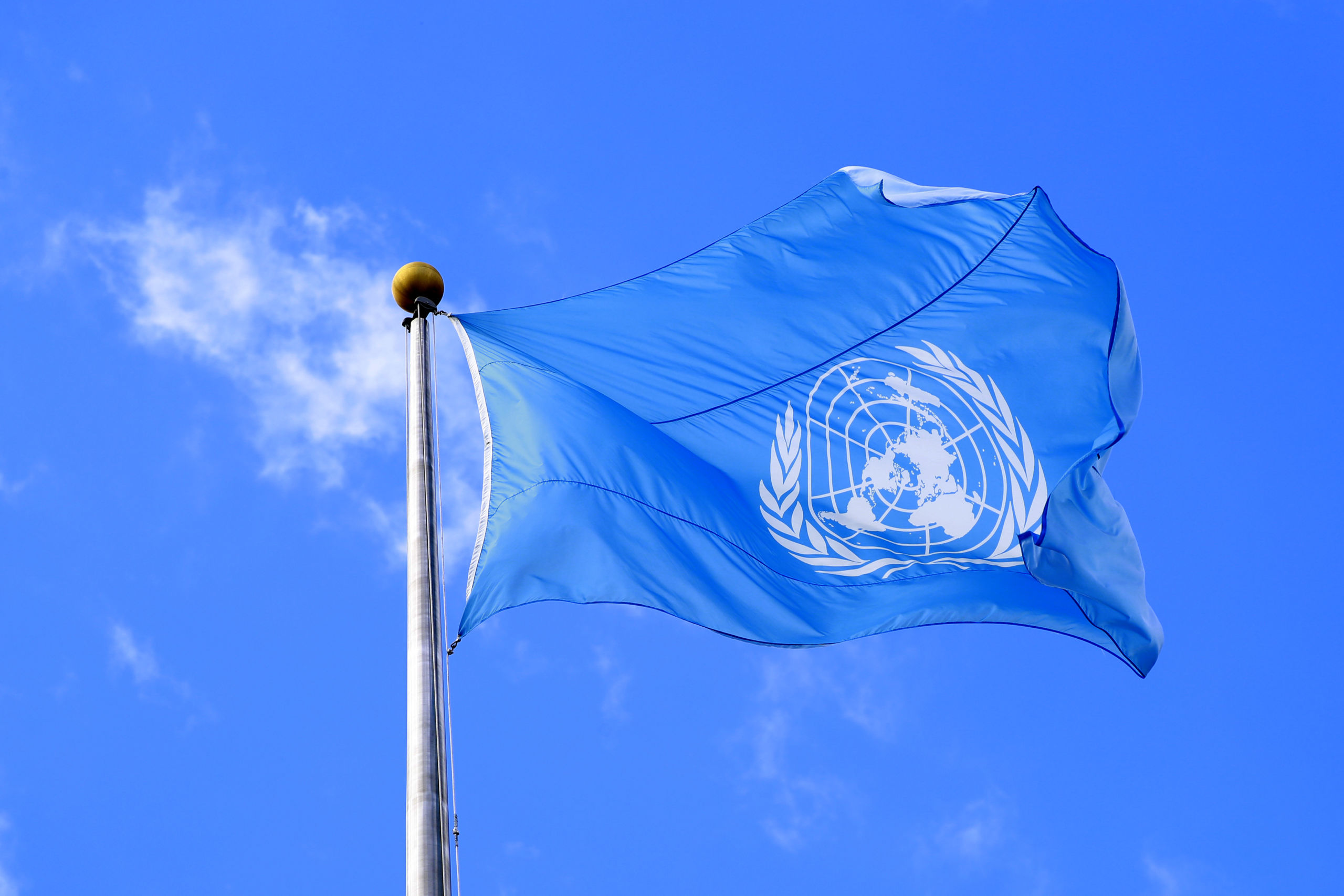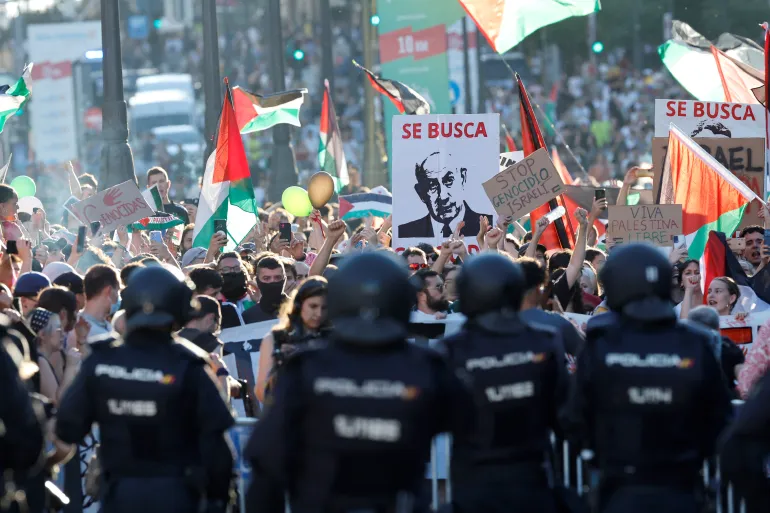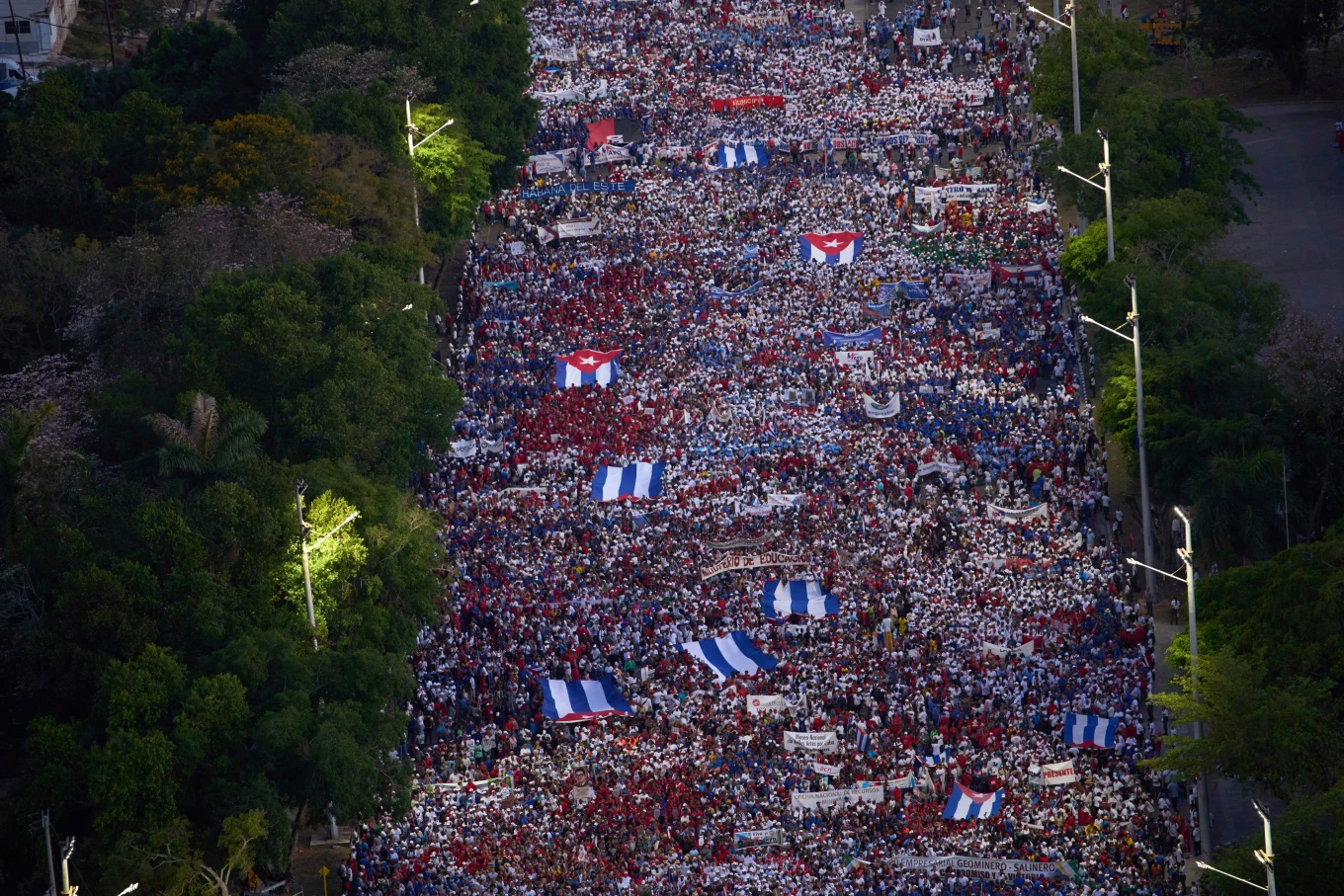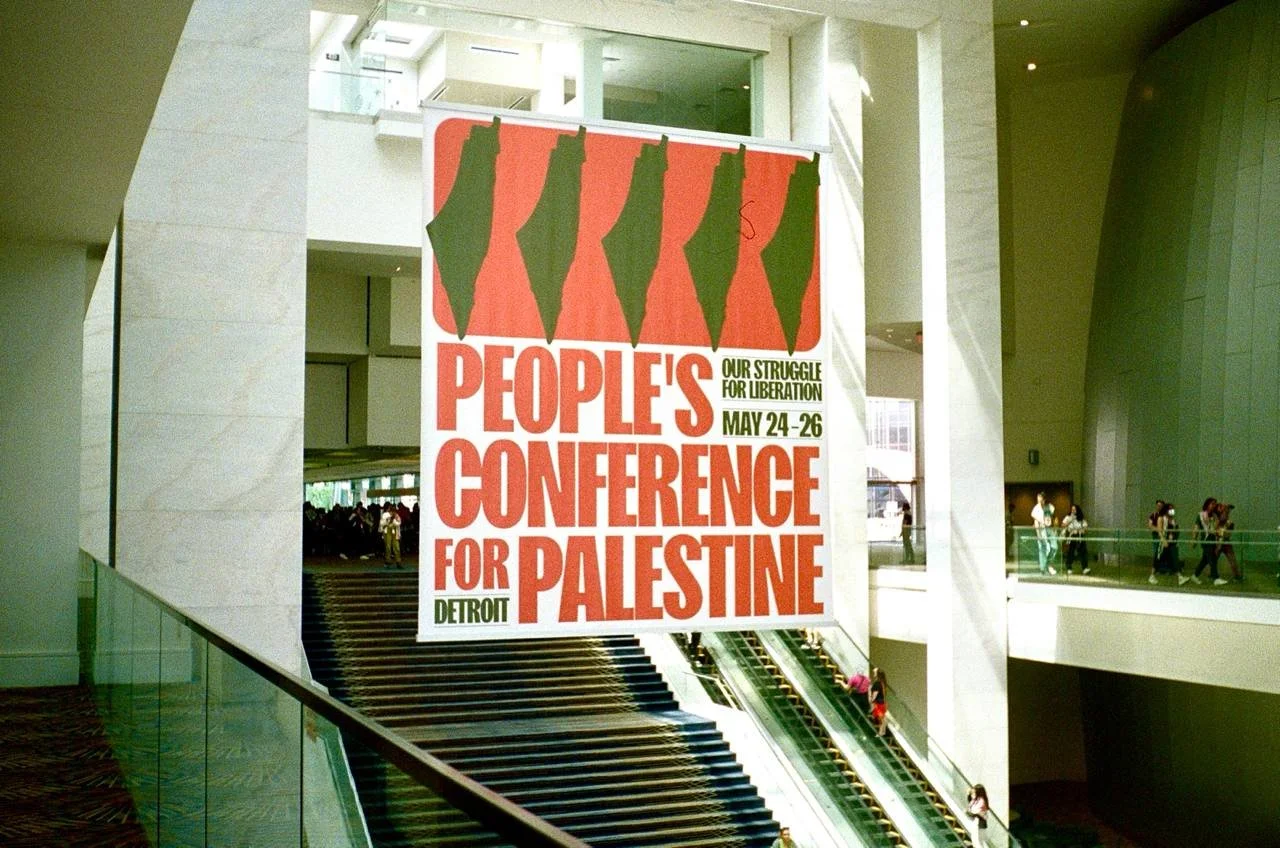UN Meeting Highlights Growing International Support for Two-State Solution Amid Gaza Crisis
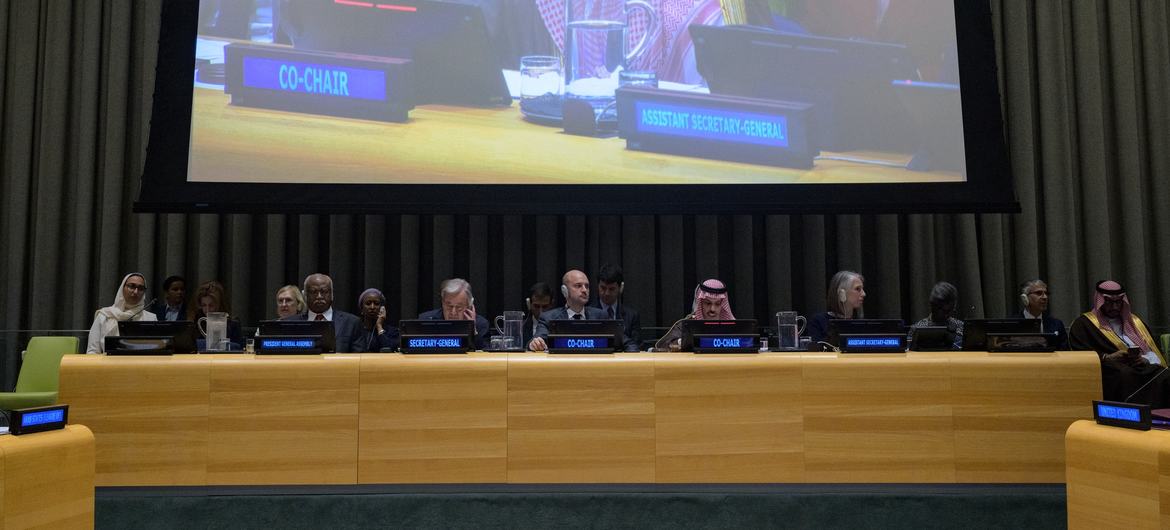
UN Photo/Manuel Elías Ministerial meeting ahead of the high-level international conference.
On July 30, 2025, the United Nations concludes a pivotal three-day meeting co-chaired by Saudi Arabia and France, focused on advancing a two-state solution to the Israeli Palestinian conflict. The gathering attracts a large and diverse group of diplomats, experts, and representatives from over 130 countries, underscoring what the co-chairs describe as a “growing international consensus” for a peaceful, non-military resolution to one of the world’s longest-running conflicts.
French Foreign Minister Jean-Noël Barrot emphasizes the unprecedented level of global engagement at the meeting, noting that the high attendance reflects a shared urgency to end the devastating war in Gaza. “This is a moment where the international community must unite to halt violence and chart a path toward sustainable peace,” Barrot says during the closing session.
Prince Faisal bin Farhan of Saudi Arabia describes the conference as a “historic stage” not only for ending the current hostilities but also for reinvigorating efforts toward establishing a viable Palestinian state alongside Israel. He calls on all parties to commit to dialogue and respect international law as essential steps toward achieving lasting peace and security in the region.
The meeting comes amid growing global concern over the humanitarian crisis in Gaza, where ongoing conflict results in tens of thousands of casualties and widespread displacement. Humanitarian agencies repeatedly warn of worsening conditions, including food insecurity, lack of medical supplies, and disrupted infrastructure, raising fears of famine and further destabilization.
Palestine currently holds observer status at the United Nations and is officially recognized by 147 out of the 193 UN member states. However, despite broad international recognition, Palestine repeatedly faces denial of full membership in the UN due to political opposition within the Security Council. The co-chairs urge member states to consider measures that strengthen Palestine’s participation in international forums and support its aspirations for statehood.
The session also highlights the need to address critical issues such as the status of Jerusalem, the rights of refugees, settlement expansions, and security guarantees for both Palestinians and Israelis. Several participating delegations call for renewed diplomatic efforts, including the revival of direct negotiations under international auspices.
Human Rights Watch and other international organizations welcome the meeting as a positive step but stress the importance of translating diplomatic consensus into concrete actions on the ground. “Words must be followed by commitments that protect civilians, uphold human rights, and pave the way for genuine peace,” says an HRW spokesperson.
The co-chairs announce plans to establish a follow-up mechanism to monitor progress and facilitate continued dialogue among stakeholders. They also encourage the international community to increase humanitarian assistance to Gaza and support reconstruction efforts once hostilities subside.
As the UN meeting closes, hopes to remain that this renewed global momentum can overcome entrenched political divisions and provide a viable roadmap toward ending the conflict — a conflict that causes immense suffering for generations.
Agencies/UN


